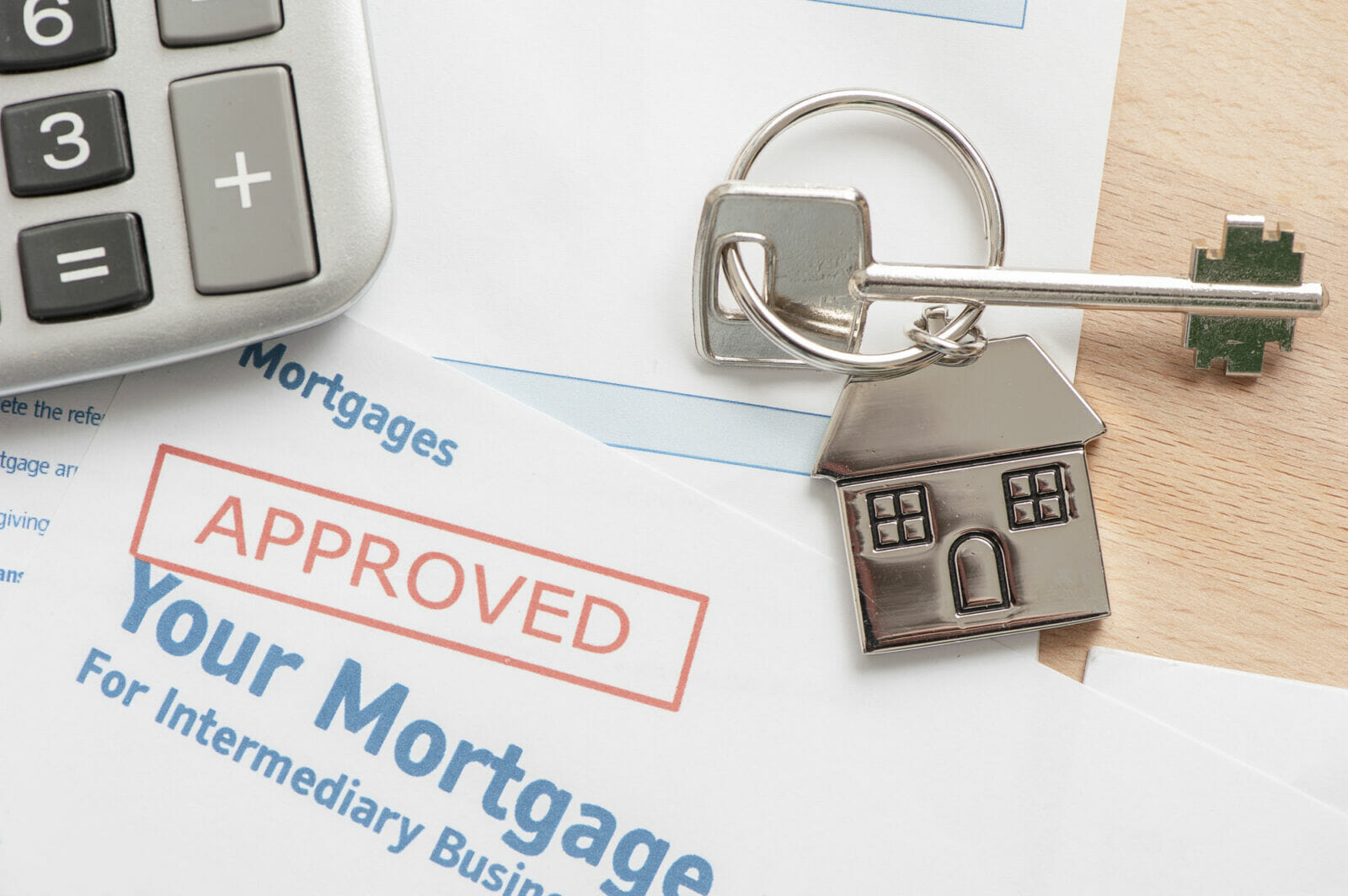Buying a home is an excellent investment that many people choose to make. If you haven’t purchased a home before, you might need some help.
Once you determine your financial situation and what you can afford, you might need to consider different mortgage options. Before you do that, know that you should compare arm vs fixed mortgage first.
Read further for an in-depth look at an ARM vs. fixed mortgage and what to consider before deciding on your mortgage type.
Key Differences
There are two main types of mortgages: adjustable-rate mortgages (ARMs) and fixed-rate mortgages. ARMs offer lower interest rates than fixed-rate mortgages, but the interest rate and payment can change over time.
Fixed-rate mortgages offer stability and peace of mind, but typically have higher interest rates than ARMs. Learn more here to know the different types of mortgages and see which one will best fit your needs.
Pros and Cons of an ARM Mortgage
An arm mortgage is a type of mortgage where the interest rates can go up or down over time. They are typically offered with a lower interest rate than fixed mortgages, but there is the risk that the interest rate could go up in the future.
Some people may choose an arm mortgage because they are planning to sell their home before the interest rate goes up, or because they are comfortable with the risk.
There are pros and cons to both fixed and arm mortgages, and it is important to weigh all of your options before deciding which type of mortgage is right for you.
Pros and Cons of a Fixed Mortgage
If you’re looking at taking out a mortgage, you may be wondering if a fixed rate or an adjustable rate is best for you.
With a fixed rate mortgage, your interest rate will stay the same for the life of the loan. This can be good if you’re looking for stability and want to budget your payments each month. But if interest rates go down, you’ll be stuck paying more than you would have with an adjustable rate mortgage.
An adjustable rate mortgage starts out with a lower interest rate, but it can change over time. This can be good if interest rates go down, but it can also be risky if they go up.
Which Mortgage is Right for You?
With a fixed-rate mortgage, your interest rate will remain the same for the life of the loan. This predictability can make it easier to budget for your monthly mortgage payments. But, because your interest rate is fixed, you may end up paying more interest over the life of the loan if interest rates rise.
With an ARM, your interest rate will fluctuate with the market. This means that your monthly payments could go up or down. This type of mortgage is often used by people who expect their income to increase over time, as they can benefit from lower payments early on in the loan but if interest rates rise, you could end up with a much higher monthly payment than you anticipated.
Learn About ARM vs Fixed Mortgage Today
If you’re trying to decide whether an ARM vs fixed mortgage is right for you, it’s important to understand the key differences between the two. An ARM is a mortgage with an interest rate that can change over time, while a fixed mortgage has a locked-in interest rate.
Talk to a financial advisor to see which option is right for you.
Did you find this article helpful? Check out the rest of our stories!




